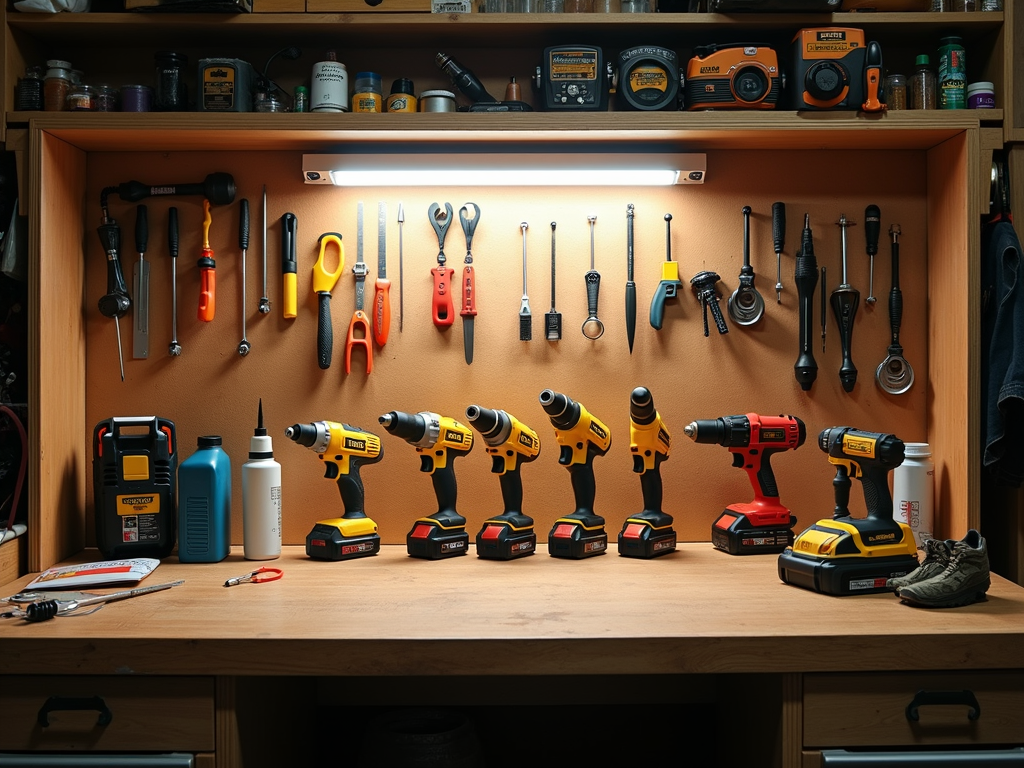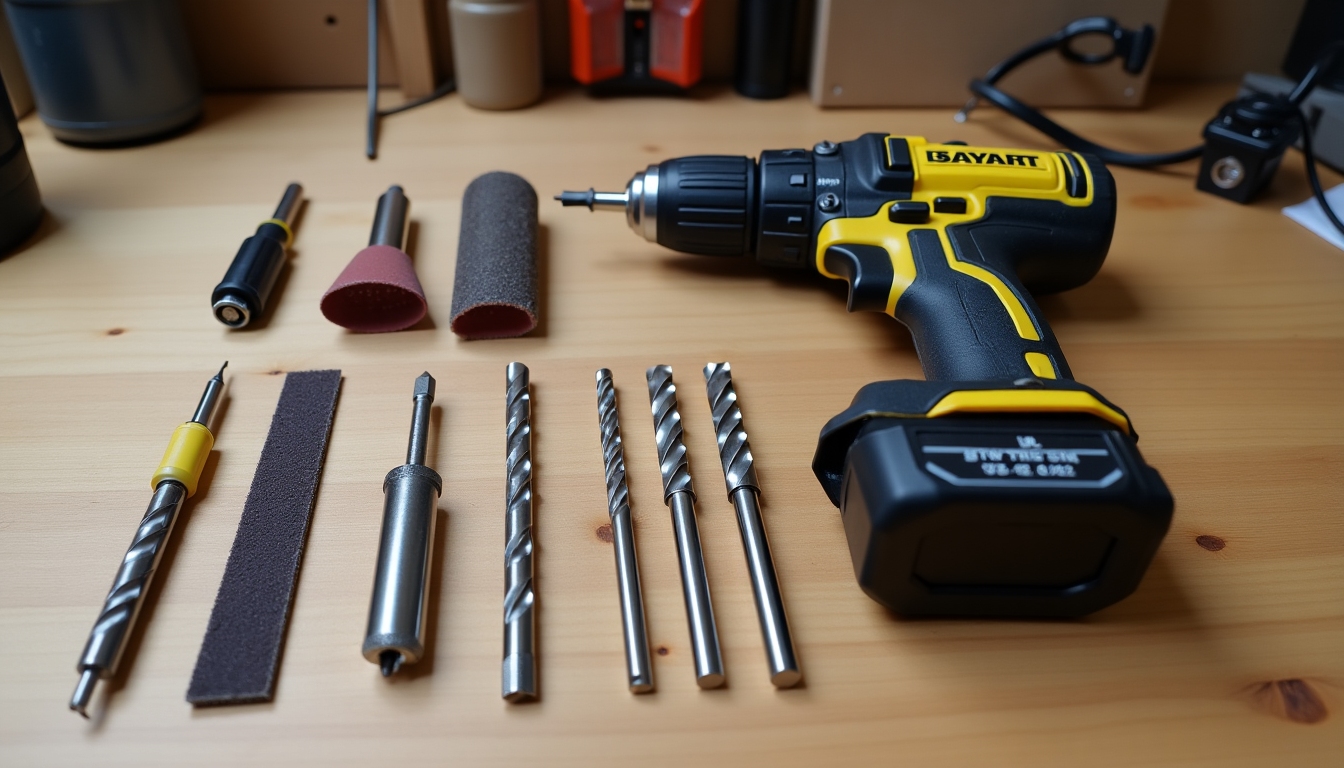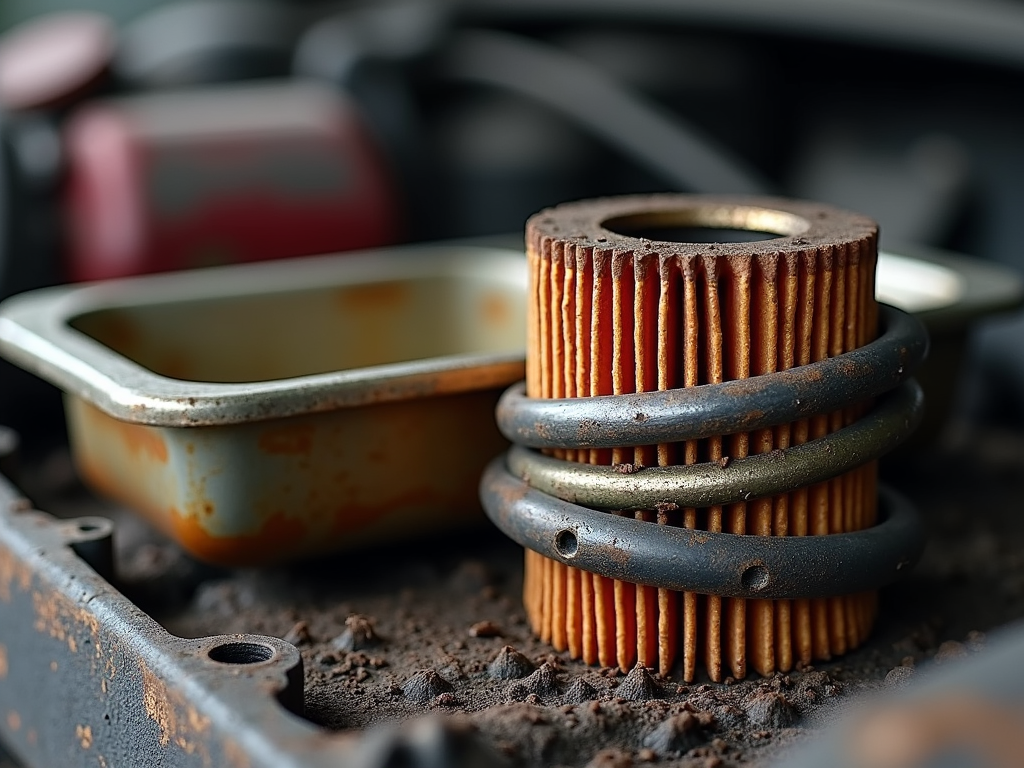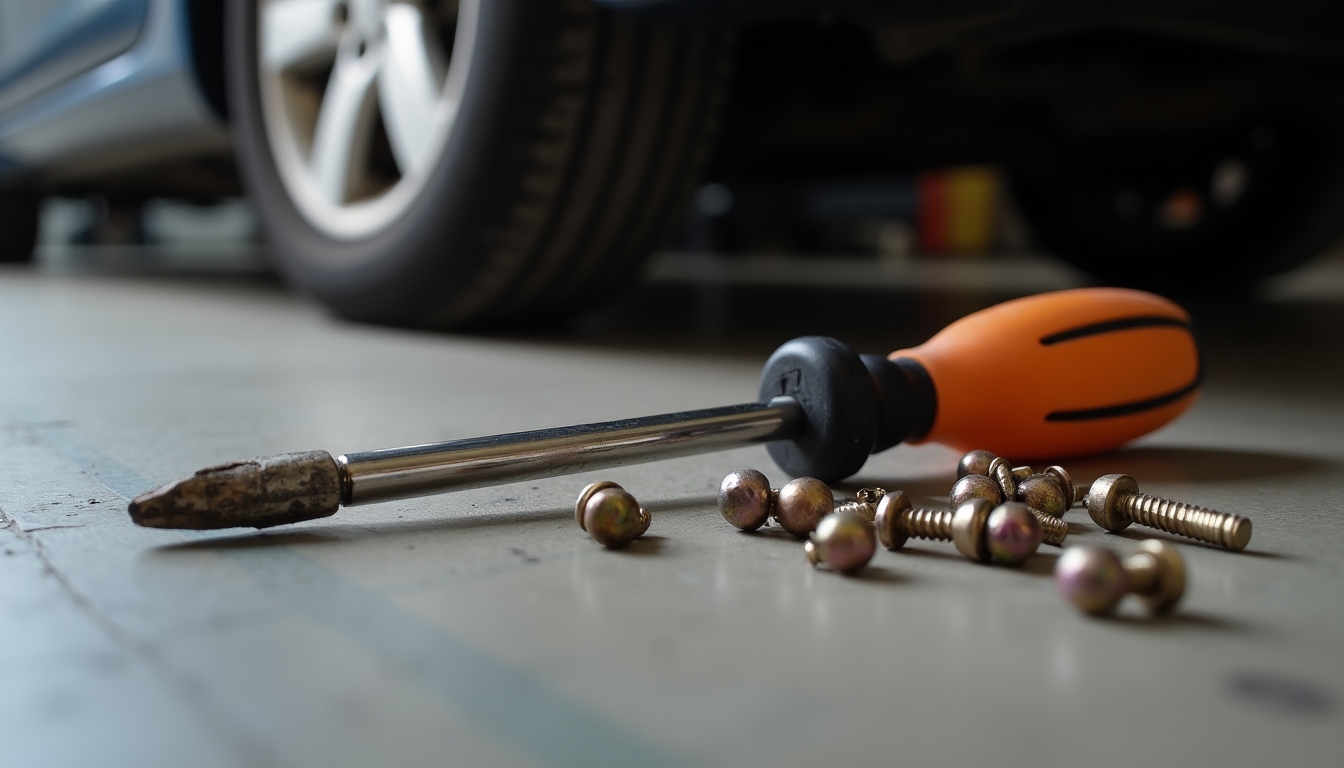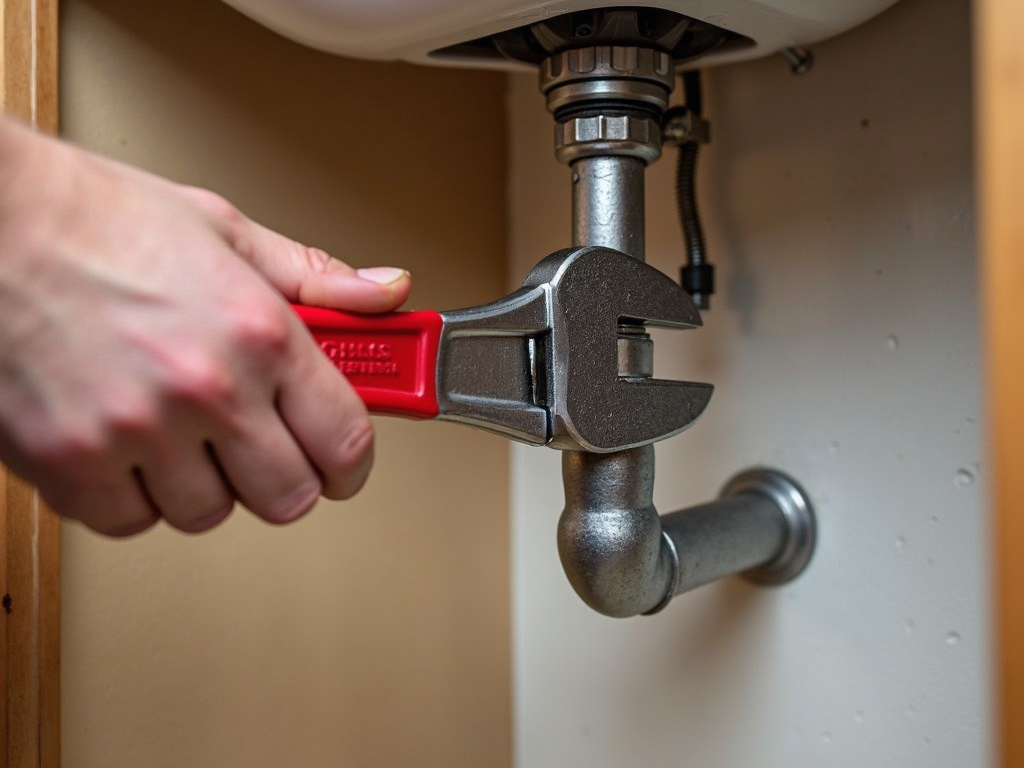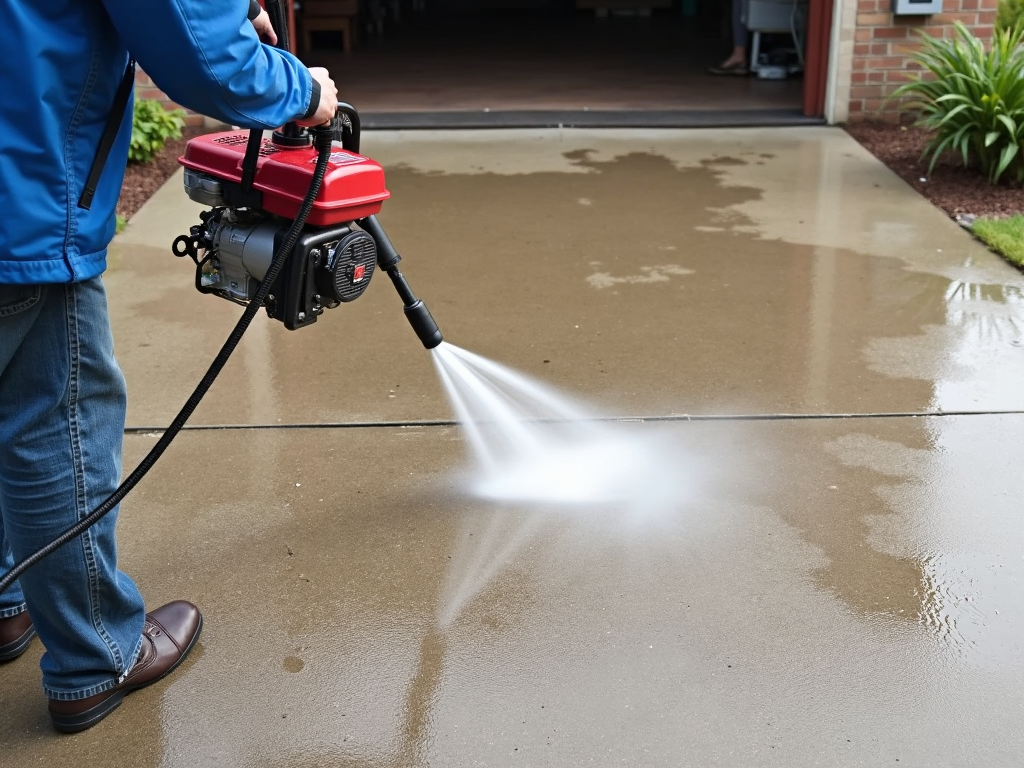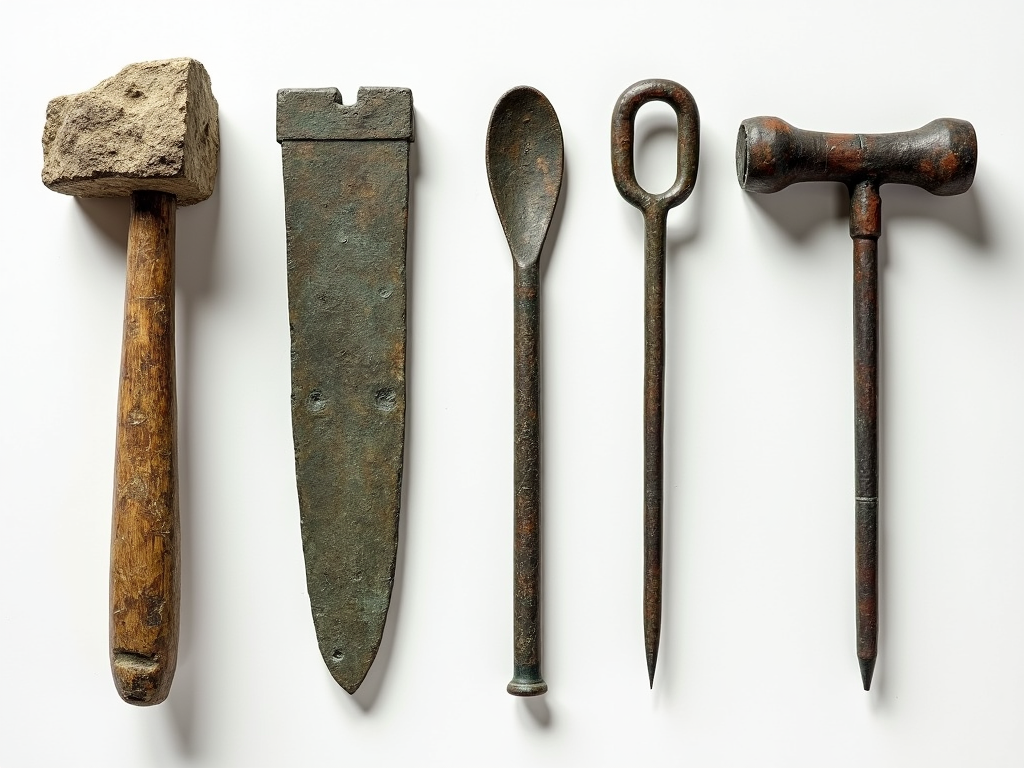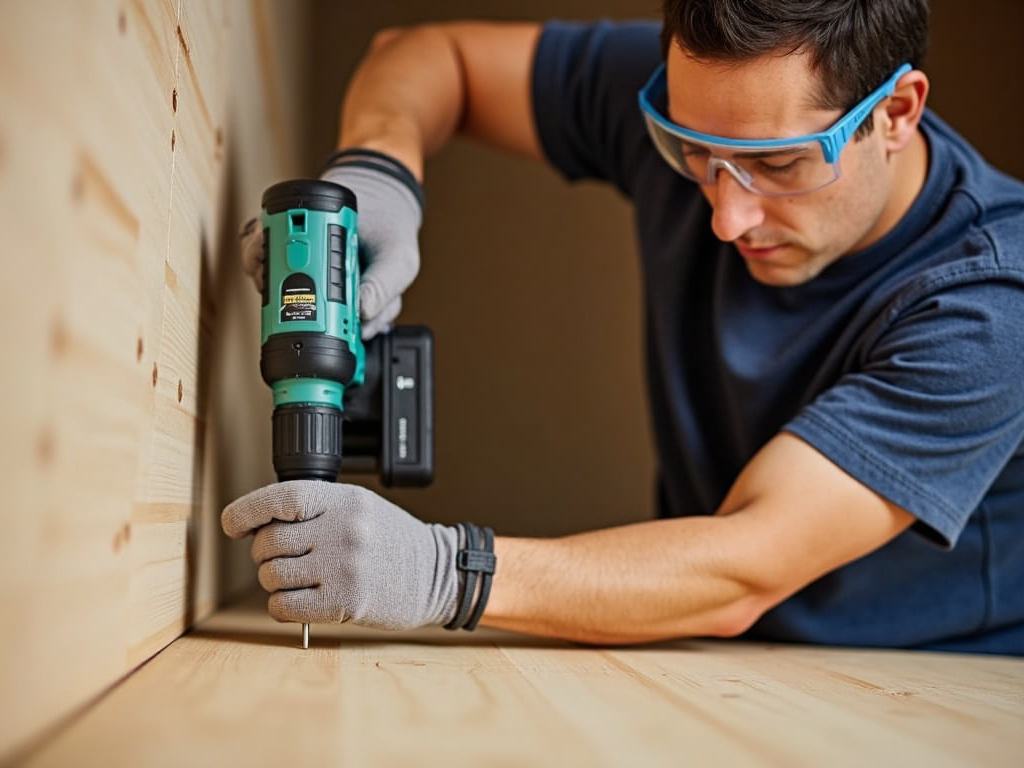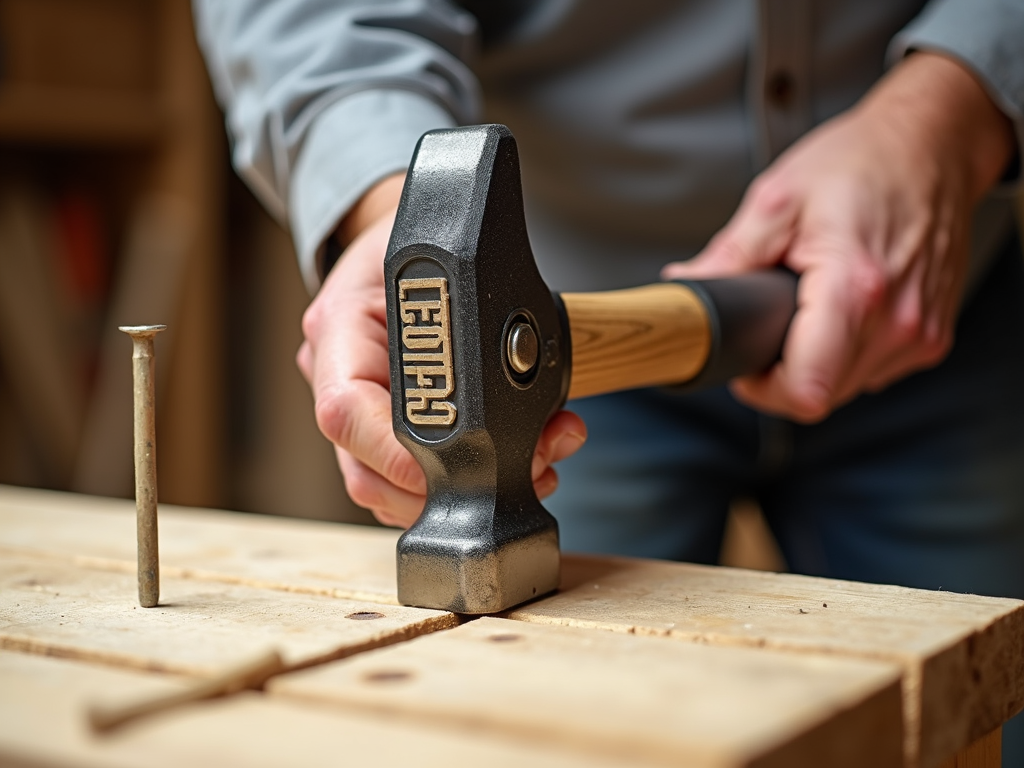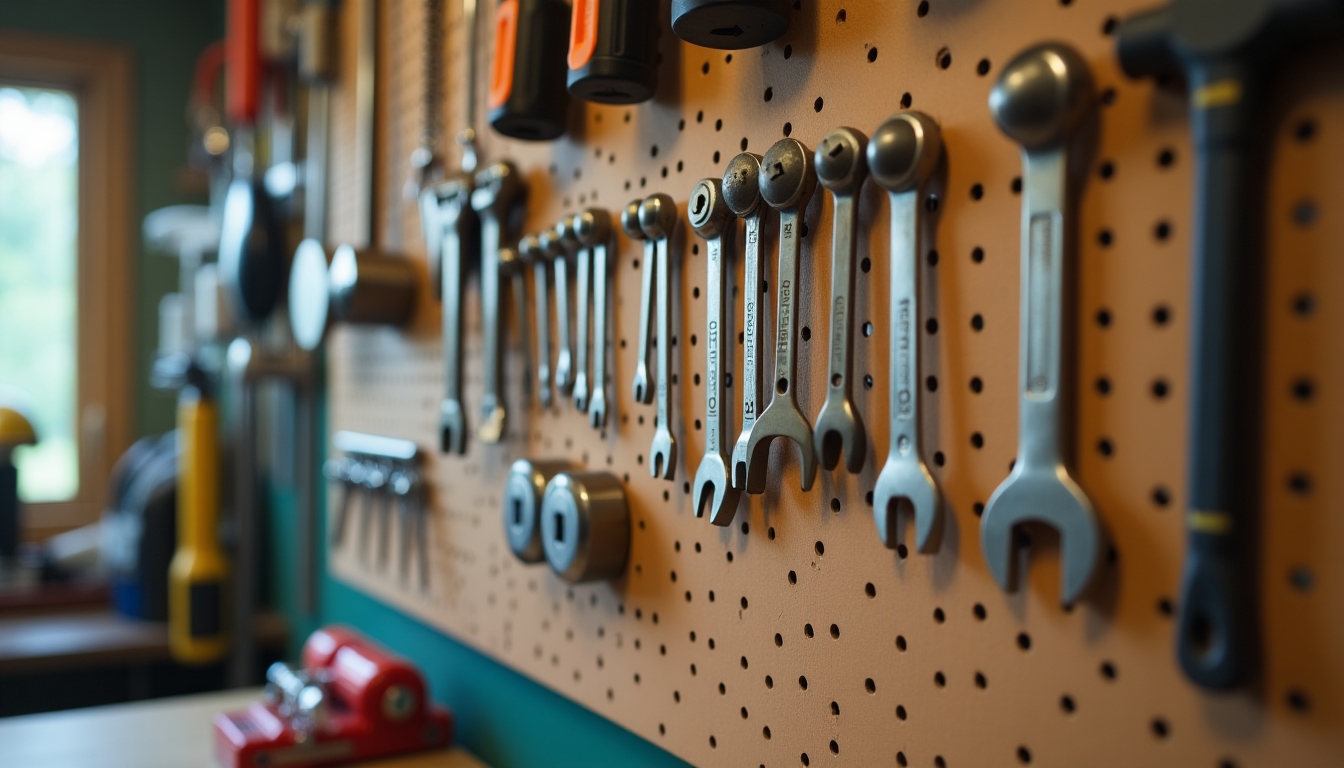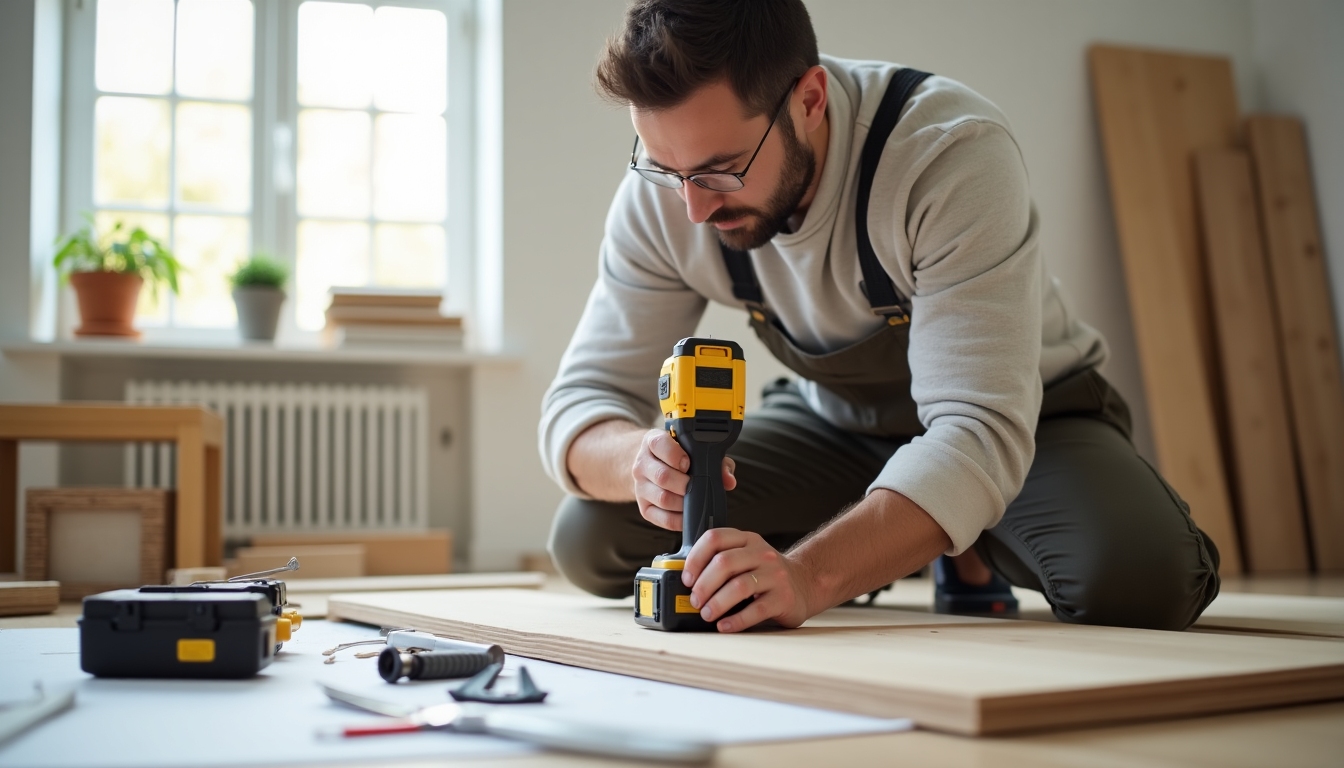Selecting the perfect toolbox can be overwhelming with so many options available. This guide will help you navigate through the choices and find the toolbox that best suits your needs.
Introduction to Toolboxes
A toolbox is more than just a container for your tools; it's an essential part of your work setup. Whether you're a professional workman or a DIY enthusiast, having the right toolbox can make your tasks easier and more efficient. Toolboxes come in various shapes and sizes, from small portable boxes to large rolling chests. Understanding the different types and their features is the first step in choosing the right one for you.
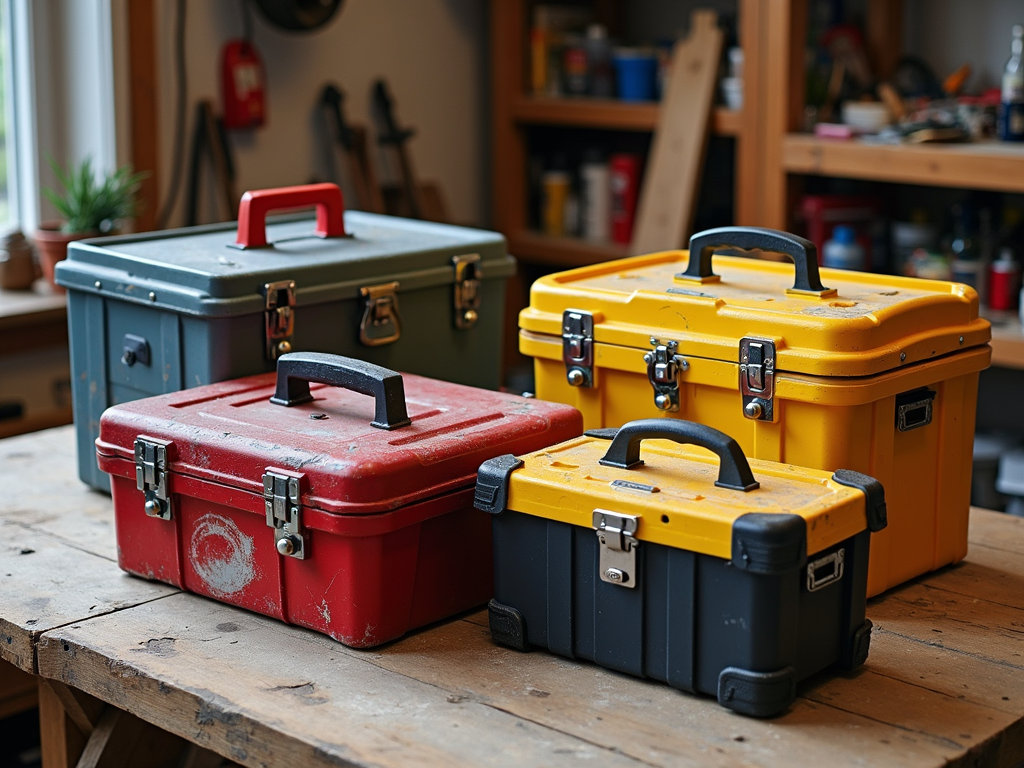
Factors to Consider When Choosing a Toolbox
When selecting a toolbox, several factors come into play. Here are the key considerations:
-
Size and Capacity: The size of your toolbox should match the number and types of tools you own. If you have a large collection, a tool chest with multiple drawers might be ideal. For a smaller set, a portable toolbox could suffice.
-
Material: Toolboxes are typically made from plastic, metal, or wood. Plastic is lightweight and affordable but may not be as durable as metal. Metal toolboxes are sturdy and long-lasting but can be heavier. Wood offers a classic look but might not be suitable for all environments.
-
Portability: If you need to carry your tools to different locations, a portable toolbox with a handle is essential. For stationary use in a workshop, a larger, non-portable toolbox might be more appropriate.
-
Organization: Look for features that help keep your tools organized, such as compartments, trays, or drawers. This will save you time and frustration when searching for a specific tool.
-
Durability: Consider the environment where you'll be using the toolbox. If it's a rough worksite, you'll need a toolbox that can withstand impacts and harsh conditions.
-
Security: If you have valuable tools, opt for a toolbox with locks to keep them safe.
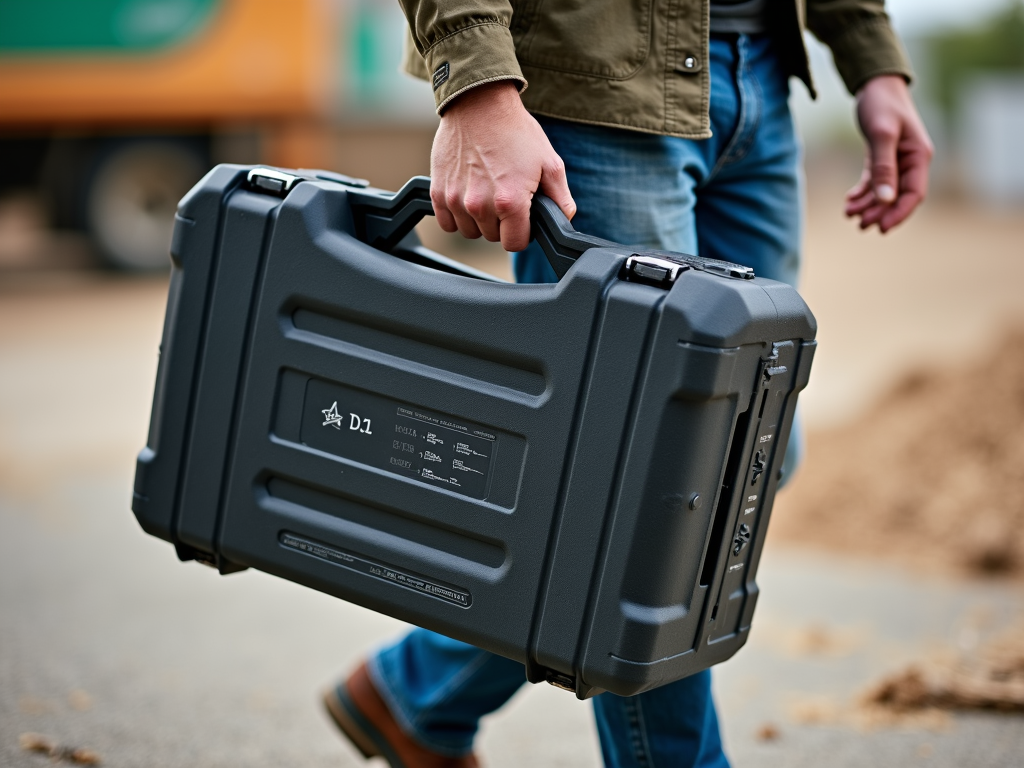
Types of Toolboxes
Understanding the different types of toolboxes can help you choose the one that best fits your needs:
-
Portable Toolboxes: These are compact and easy to carry, ideal for small sets of tools or for work on the go.
-
Tool Chests: Larger than portable toolboxes, tool chests often have multiple drawers and are perfect for organizing a wide variety of tools in a workshop.
-
Rolling Toolboxes: These combine the storage capacity of a tool chest with the mobility of wheels, making them great for larger tool collections that need to be moved around.
-
Specialized Toolboxes: Some toolboxes are designed for specific trades, like electricians or plumbers, with compartments tailored to their unique tools.
Top 10 Must-Have Tools for Every Workman
While choosing the right toolbox is crucial, having the right tools inside it is equally important. Here are ten essential tools every workman should have:
- Hammer: For driving nails and general construction tasks.
- Screwdrivers (Flathead and Phillips): For tightening or loosening screws.
- Pliers: Useful for gripping, bending, and cutting wires.
- Adjustable Wrench: For tightening or loosening nuts and bolts.
- Tape Measure: Essential for accurate measurements.
- Utility Knife: For cutting various materials.
- Level: To ensure surfaces are even.
- Drill: For making holes and driving screws.
- Saw: For cutting wood or other materials.
- Safety Gear: Including gloves and goggles to protect yourself.
Each of these tools serves a fundamental purpose and should be a part of your toolbox.
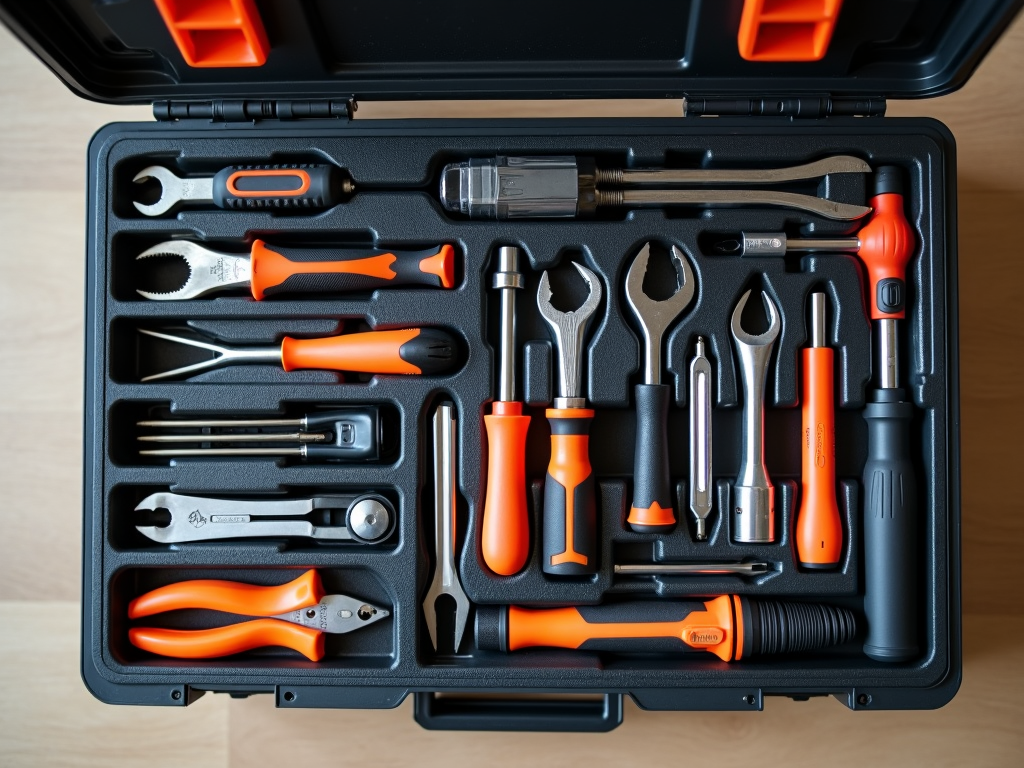
Workman Tool Maintenance Tips
To keep your tools in top condition and extend their lifespan, follow these maintenance tips:
- Clean Regularly: Wipe down tools after use to remove dirt and moisture.
- Store Properly: Keep tools in a dry, organized toolbox to prevent rust and damage.
- Sharpen Blades: Regularly sharpen cutting tools like knives and saws for optimal performance.
- Lubricate Moving Parts: Apply lubricant to tools with moving parts to prevent stiffness.
- Inspect for Damage: Regularly check tools for signs of wear or damage and repair or replace as needed.
Proper maintenance not only keeps your tools working well but also ensures your safety.
Personal Insights and Experiences
As someone who has worked with tools for many years, I've learned that the right toolbox can make a significant difference in workflow efficiency. I remember my first toolbox was a small plastic one that barely held my essential tools. As my collection grew, I upgraded to a metal tool chest with multiple drawers, which transformed my workspace. The organization and easy access to tools saved me countless hours. Investing in a quality toolbox is investing in your productivity.
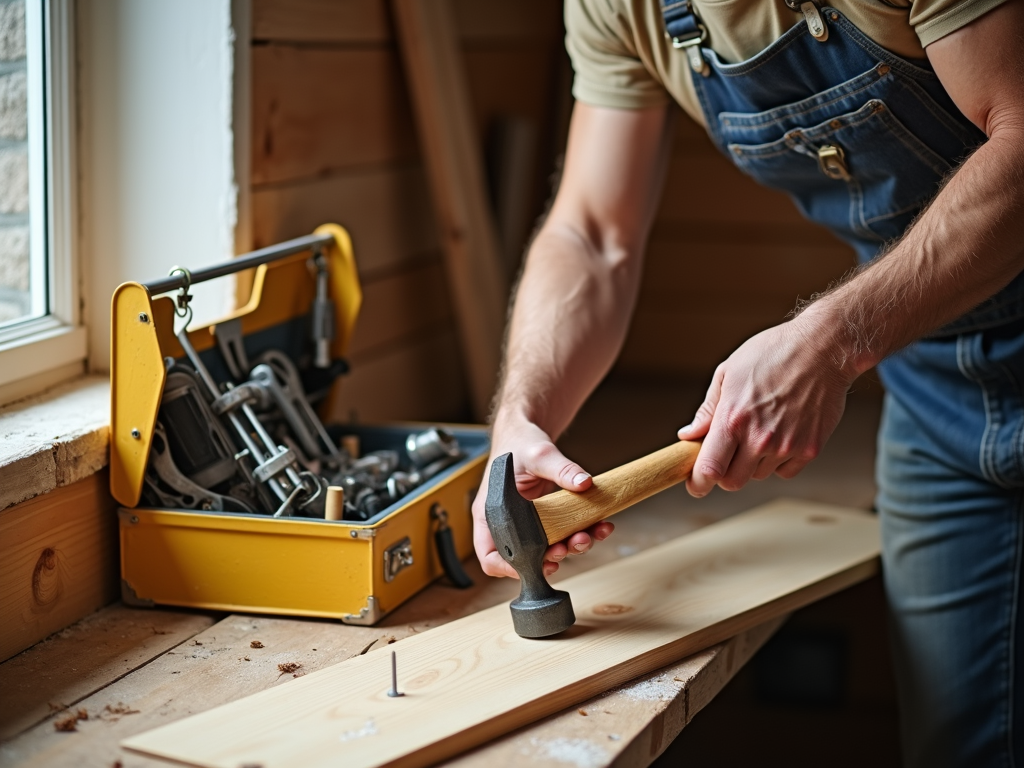
Choosing the Right Toolbox for Your Specific Needs
-
For Home DIYers: If you're a casual user, a portable toolbox with basic compartments might be sufficient. Look for something lightweight and easy to store.
-
For Professional Workmen: Professionals need a more robust solution. A rolling toolbox or a large tool chest with multiple drawers and high durability is ideal.
-
For Specialized Trades: If you work in a specific trade, consider a toolbox designed for that trade, with compartments for your unique tools.
Toolbox Comparison Table
| Feature | Portable Toolbox | Tool Chest | Rolling Toolbox |
|---|---|---|---|
| Size | Small | Large | Medium to Large |
| Portability | High | Low | Medium |
| Storage Capacity | Low | High | High |
| Organization | Basic | Advanced | Advanced |
| Durability | Medium | High | High |
| Price | Low | High | Medium to High |
This table provides a quick overview of the differences between the main types of toolboxes.
Summary
Choosing the right toolbox involves considering factors like size, material, portability, organization, durability, and security. Understanding the different types of toolboxes and knowing the essential tools to include can help you make an informed decision. Don't forget to maintain your tools regularly to keep them in good condition. With the right toolbox, you'll be well-equipped to tackle any project that comes your way.
Related How to Choose the Right Toolbox for Your Needs:
- Safety Tips for Using Power Tools: A Comprehensive Guide
- Power Drills with Multiple Attachments: A Comprehensive Guide
- Top Tips for Cleaning and Storing Workwear: A Comprehensive Guide
- Top 10 Must-Have DIY Car Maintenance Tools for Every Car Owner
- Beginner’s Guide to Fixing Common Plumbing Issues
- Power Washer Troubleshooting and Repair: A Comprehensive Guide
- How to Balance Work and Life in the Trades
- The Ultimate Guide to Hand Tools
- How to Choose the Best Power Tools for Your Needs
- Ergonomic Hand Tools for Reduced Strain: A Comprehensive Guide
- Organizing Your Workshop: Maximizing Space and Efficiency
- Choosing the Best Power Tools for Home Projects: A Comprehensive Guide
